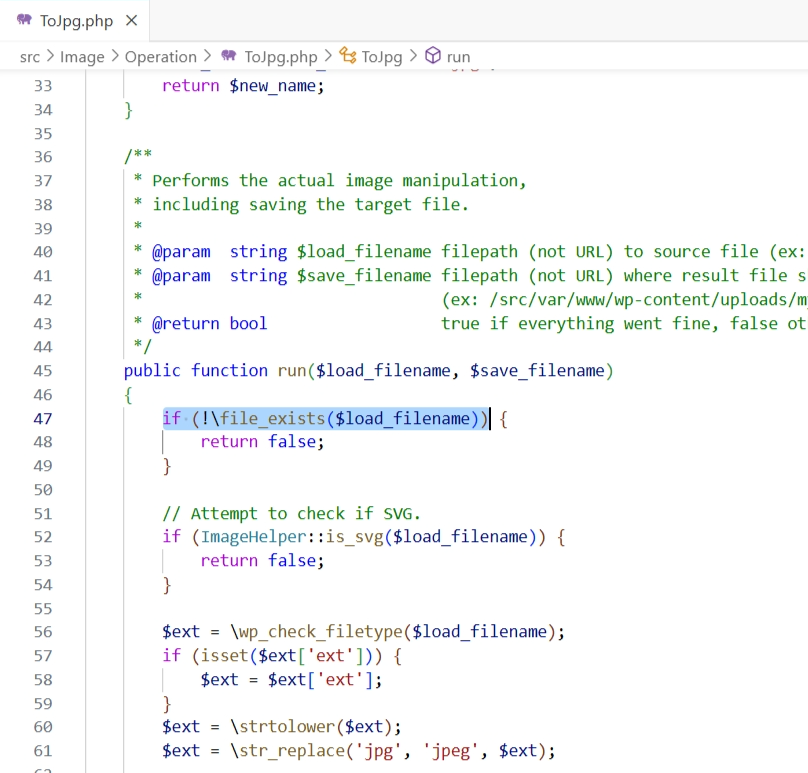Tag
#wordpress
By Deeba Ahmed Is your WordPress site using LiteSpeed Cache? A recent surge in malicious JavaScript injections targets vulnerable versions. Learn how to identify the signs of infection and prevent future attacks. Patch, scan, and secure your WordPress site today! This is a post from HackRead.com Read the original post: LiteSpeed Cache Plugin XSS Vulnerability Affects 1.8M WordPress Sites
A high-severity flaw impacting the LiteSpeed Cache plugin for WordPress is being actively exploited by threat actors to create rogue admin accounts on susceptible websites. The findings come from WPScan, which said that the vulnerability (CVE-2023-40000, CVSS score: 8.3) has been leveraged to set up bogus admin users with the names wpsupp‑user
Cybersecurity researchers have discovered a previously undocumented malware targeting Android devices that uses compromised WordPress sites as relays for its actual command-and-control (C2) servers for detection evasion. The malware, codenamed Wpeeper, is an ELF binary that leverages the HTTPS protocol to secure its C2 communications. "Wpeeper is a typical backdoor Trojan for Android
Threat actors are attempting to actively exploit a critical security flaw in the WP‑Automatic plugin for WordPress that could allow site takeovers. The shortcoming, tracked as CVE-2024-27956, carries a CVSS score of 9.9 out of a maximum of 10. It impacts all versions of the plugin prior to 3.9.2.0. "This vulnerability, a SQL injection (SQLi) flaw, poses a severe threat as
WordPress WP Video Playlist plugin version 1.1.1 suffers from a persistent cross site scripting vulnerability.
By Owais Sultan Boost user engagement and SEO ranking with these key web development practices for media sites. Discover responsive design, page speed optimization, user-friendly CMS, SEO structure, and accessibility best practices. This is a post from HackRead.com Read the original post: Best Practices for Optimizing Web Development Standards for Media Sites
### Summary Timber is vulnerable to [PHAR deserialization](https://portswigger.net/web-security/deserialization/exploiting#phar-deserialization) due to a lack of checking the input before passing it into the` file_exists()` function. If an attacker can upload files of any type to the server, he can pass in the `phar://` protocol to unserialize the uploaded file and instantiate arbitrary PHP objects. This can lead to remote code execution especially when Timber is used with frameworks with documented POP chains like Wordpress/ vulnerable developer code. ### Details The vulnerability lies in the run function within the `toJpg.php` file. The two parameters passed into it are not checked or sanitized, hence an attacker could potentially inject malicious input leading to Deserialization of Untrusted Data, allowing for remote code execution:  ### PoC Setup the following code in `/var/www/html`: `...
WordPress Playlist for Youtube plugin version 1.32 suffers from a persistent cross site scripting vulnerability.
By Waqas Here's an updated list of five effective CAPTCHA plugins for WordPress that can help enhance the security of your website by preventing spam and bot activities: This is a post from HackRead.com Read the original post: 5 Best CAPTCHA Plugins for WordPress Websites
Cybersecurity researchers have discovered a credit card skimmer that's concealed within a fake Meta Pixel tracker script in an attempt to evade detection. Sucuri said that the malware is injected into websites through tools that allow for custom code, such as WordPress plugins like Simple Custom CSS and JS or the "Miscellaneous Scripts" section of the Magento admin panel. "